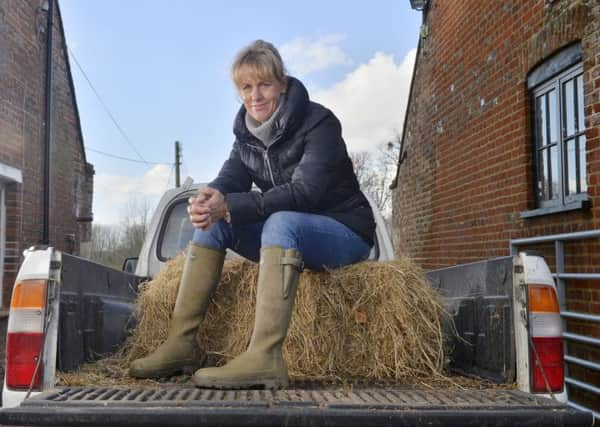The Yorkshire Post says: Farming faces Brexit battles. Opportunities '“ and challenges '“ ahead


This is borne out by the policy submission that the National Farmers’ Union is sending to Environment Secretary Michael Gove today. “I am clear on what success will look like. I want British farmers and growers to remain the number one supplier of choice to the UK market,” declares Minette Batters, its recently-elected president.
Brexit critics will, inevitably, interpret this as a coded warning that the agricultural industry could lose out. This would be disingenuous. Ms Batters, a born optimist, does say that she wants consumers to “enjoy more sustainable, quality, affordable British food at a range of different prices that suit all incomes”.
Advertisement
Hide AdAdvertisement
Hide AdHowever this ambition should be tempered by some realism. While the NFU believes that productivity, environment and volatility should be the three cornerstones of future policy as it prepares for the biggest upheaval since the adoption of the Common Agricultural Policy 45 years ago, the opportunities will only be realised if key challenges can be overcome.
First, the escalating row over customs arrangements impinges upon all future trade – farm produce included. Second, Ministers don’t realise the importance of migrant labour to many farm businesses – particularly the harvesting of fruit and vegetable crops. Third, the potential merger of Asda and Sainsbury’s could be so serious that leading East Yorkshire farmer Lord Haskins, the former chairman of Northern Foods, has suggested the return of the Milk Marketing Board to protect the financial interests of dairy farmers.
These are just three obstacles. There are many more. Yet, perhaps, the biggest threat to farming’s future is the Rural Payments Agency – the body that distributes subsidies. Irrespective of how the system is reformed to take account of the aforementioned Mr Gove’s environmental agenda, it does not have a track record for competence. And, unless Defra invests time – and money – ensuring it is Brexit-proofed and fit for purpose, the NFU’s optimism will be shortlived.